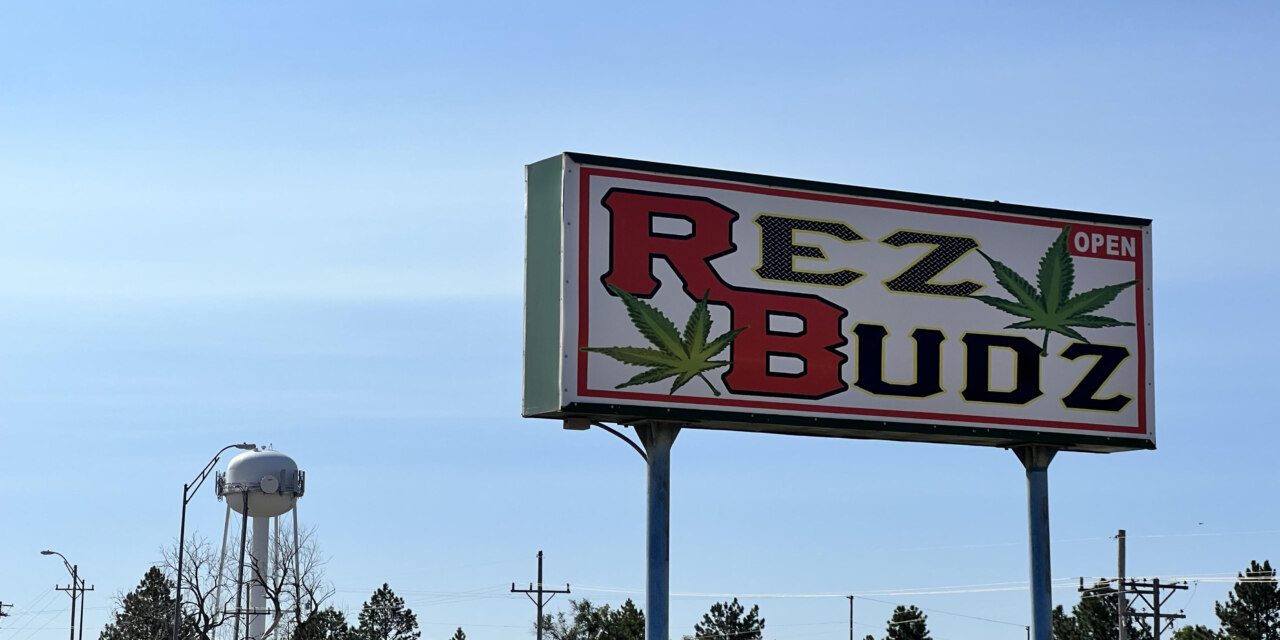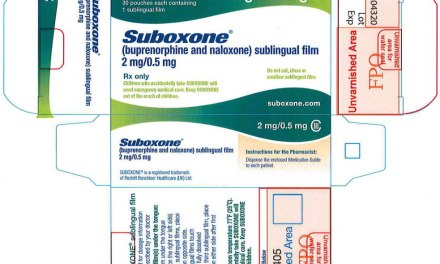This comes from the Upper Midwest– about a conflict over who gets to sell cannabis products on tribal territory in the state of Minnesota. It’s interesting from a legal standpoint, since it took place on Chippewa land and arguably should never have come to the attention of outside authorities.
Somehow, it did. Here’s a full account:
Tribal land ruling undercuts marijuana law’s claims of undoing racial disparities
Picture this: A member of the tribe decides to sell pot products in his licensed tobacco shop on the Reservation — coincidentally, on the same day that recreational pot sales become legal in the rest of Minnesota. His reasoning: The tribal constitution guarantees equal treatment for all tribe members, as well as all the rights enjoyed by citizens of the United States.
If others can sell pot, he figures, then so can he.
But on the very next day, his shop is raided– surprisingly enough, by a joint operation (pun intended) of local and tribal police. They confiscate his inventory, plus a few thousand in loose cash.
Ironically, another, larger, better-funded cannabis dispensary is getting ready to open elsewhere on tribal land.
In this case, it sounds as if the entrepreneur was intent on challenging the requirements that Minnesota had imposed on cannabis dispensaries. The state’s process, the article suggests, is prohibitively expensive, putting it well beyond the means of any ordinary citizen, or tribe member.
In effect, limiting the cannabis trade to bigger business interests.
Nothing intrinsically wrong with that, unless you remember that preserving access to licenses for small and minority businesses had been a pivotal issue during the discussion around legalization. The idea being to give the “little guys” a legitimate shot at a piece of the action. The public was repeatedly assured that the licensing process would encourage participation from small enterprise, to ensure equity.
I suspected at the time that would probably turn out to be nothing more than marketing BS. So far, it appears I may have been right. I just figured that when the dust finally cleared, the big firms would wind up with the lion’s share of the market.
Not that I’m so smart, but it did seem obvious. I mean, look around.













